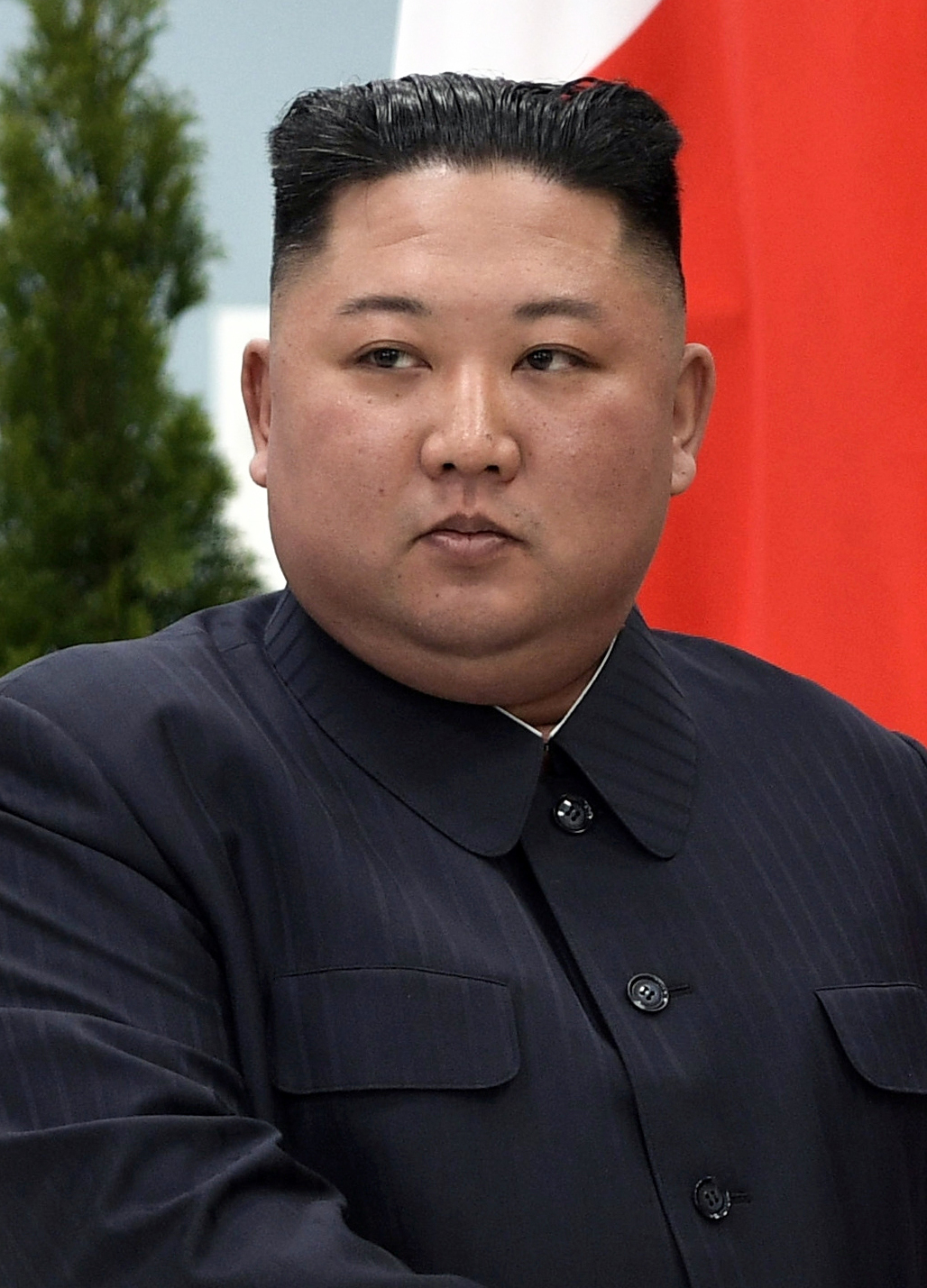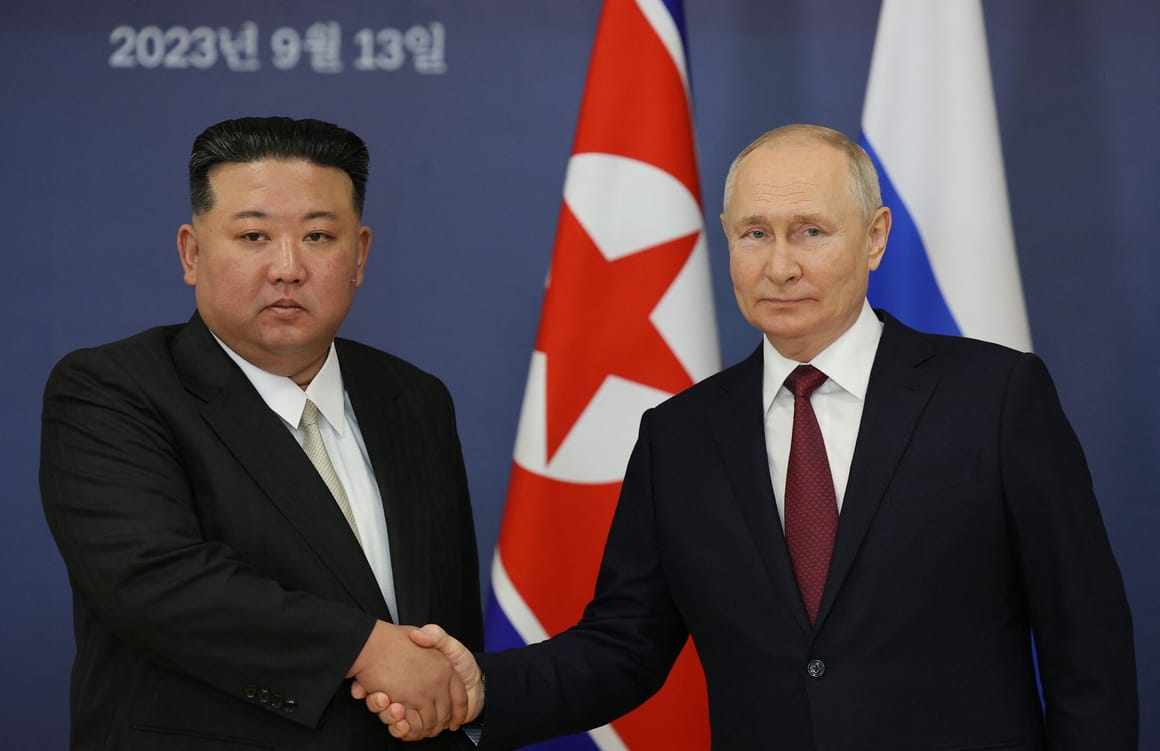By Steven Atokolo
Nigeria and Switzerland have redefined their relationship with a shift from aid to a focus on innovation, sustainability, and economic diversification.
This came to the fore when the Senate President, Godswill Akpabio and a delegation from the European Free Trade Association (EFTA) discussed bold strategies to elevate bilateral ties beyond traditional trade agreements at the National Assembly on Monday.
During a high-level meeting Akpabio told the delegation led by the Swiss Ambassador of Nigeria’s readiness to leverage its position as Africa’s largest economy, adding “this is not about aid or dependence; it’s about building a partnership grounded in innovation and mutual respect”.
Akpabio also reiterated Switzerland’s pivotal role in returning $321 million in stored funds to Nigeria in 2017 and assured that Nigeria’s economic reforms, including the removal of oil subsidies and naira unification under President Bola Ahmed Tinubu, have created a fertile ground for foreign direct investment.
The Senate President projected a 4.17% GDP growth by 2025 and invited Swiss investors to explore opportunities in Nigeria’s energy, technology, and sustainability sectors.
“For Switzerland, this partnership underscores a growing recognition of Africa as a hub for innovation and trade rather than merely a destination for aid.
“This is a defining moment where two nations can create a blueprint for collaboration that uplifts generations”, Akpabio stated.
The Swiss delegation, headed by Thomas Aeschi, Chair of the European Free Trade Association (EFTA) parliamentary committee, expressed a keen interest in deepening economic and diplomatic relations with Nigeria, underscoring the nation’s growing importance as a strategic partner in West Africa.
Aeschi praised Nigeria’s vast economic potential, calling it a critical partner for Switzerland.
He highlighted the role of parliamentary diplomacy in building trust and paving the way for future collaborations.
“Nigeria’s size, resources, and strategic position make it a key player in Africa. “We are here to explore new partnership opportunities and lay the groundwork for future trade agreements,” Aeschi remarked.
“The two countries already share strong economic ties, with Nigeria ranking as Switzerland’s seventh-largest trading partner in Africa in 2023.
“Swiss exports to Nigeria are valued at $850 million, primarily in chemicals, pharmaceuticals, and machinery, while Nigeria remains Switzerland’s top supplier of crude oil.
With over 60 Swiss companies, including multinational giants such as Nestlé, Lafarge, Holcim, and Novartis, operating in Nigeria, Aeschi emphasized the growing interest of Swiss businesses in the Nigerian market.
“We are eager to learn from Nigeria’s vision for its economic future and to support its goals,” Aeschi concluded.
The delegation’s visit is seen as a key step in further building ties and exploring new avenues for growth and cooperation between the two countries.


